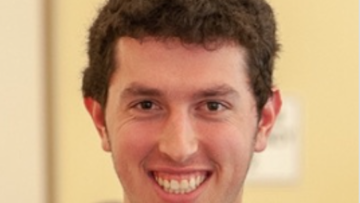16:30
Applications of generalized indiscernible sequences
Abstract
We survey some of the applications of generalized indiscernible sequences, both in model theory and in structural Ramsey theory. Given structures $A$ and $B$, a semi-retraction is a pair of quantifier-free type respecting maps $f: A \rightarrow B$ and $g: B \rightarrow A$ such that $g \circ f: A \rightarrow A$ is quantifier-free type preserving, i.e. an embedding. In the case that $A$ and $B$ are locally finite ordered structures, if $A$ is a semi-retraction of $B$ and the age of $B$ has the Ramsey property, then the age of $A$ has the Ramsey property.


